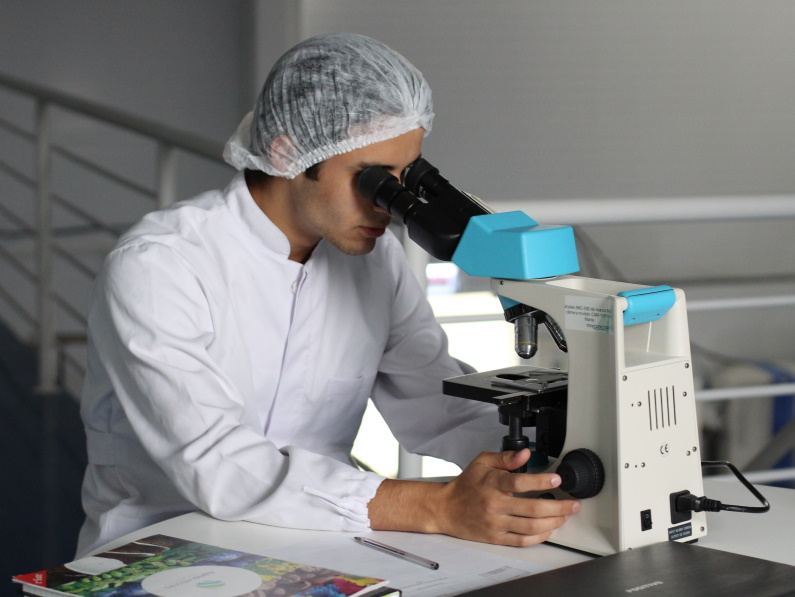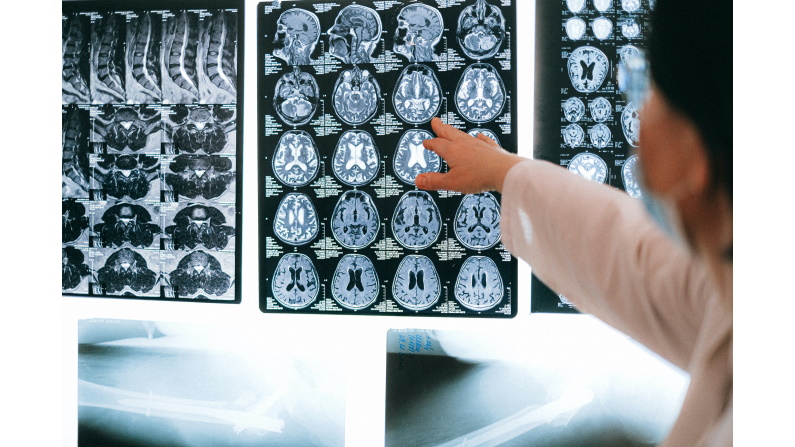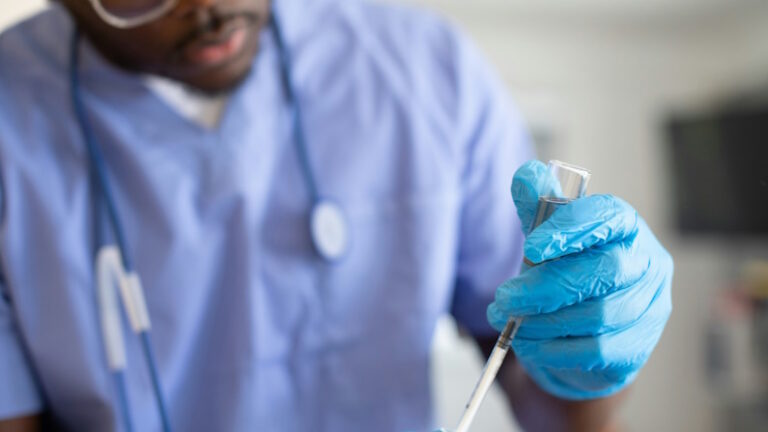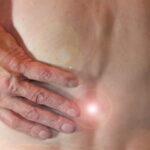Parkinson’s disease (PD) has no cure or significant means of prevention. And there’s still so much we don’t know about this condition. Recently, authors published a new study that suggests the disease begins in the gut. In the study, researchers identified the overwhelming presence of a pathogen in PD patients. This may help in understanding how PD initially develops.
About twenty years ago, German anatomist Dr. Heiko Braak proposed multiple published studies on the link between the pathogen and the gut. He showed how pathogens existing in the gut travel to the brain through the nervous system. Recently, this idea is gaining momentum, with multiple studies shedding more light on their connection in Parkinson’s patients.

Recent Studies on Parkinson’s and the Gut
Last year, an animal study demonstrated how incorrectly structured protein can travel to the brain through the vagus nerve. And, researchers showed later how certain gut bacteria are able to inhibit the accumulation of these specific proteins.
Lastly, a third study focused on neurons and the gut. Researchers discovered that altered neurons somehow regulate the digestive system, which plays a role in Parkinson’s early-stage development.
Recently, neurologists at the University of Alabama at Birmingham used advanced DNA sequencing and computational tools for a new study. They pulled an earlier set of data from 2017, along with a new independent data set. This study is currently known as the largest microbiome-wide association study so far. Researchers studied 520 cases of Parkinson’s cases with more than 300 controls.

Parkinson’s and the Gut: Findings
Interestingly, they found three bacterial clusters with abnormal concentrations, in the guts of Parkinson’s patients. This finding confirmed that there is a type of microbe that produces short-chain fatty acids. This microbe is present in lower numbers. Another type of microbe, which metabolizes carbohydrates, is present in higher numbers.
These opportunistic pathogens take advantage of the flaws present in a body’s defenses. For example, a compromised immune system is a wonderful host for these pathogens to drive infections. And the team found a wealth of these pathogens within the guts of Parkinson’s patients.
Nevertheless, scientists must yield more information about their exact role in the gut and PD itself.
New studies now have a hook: researchers want to know if the pathogens are what actually trigger PD. Or, are they simply penetrating the gut because the gut is already weakened by PD?
For more information on PD, visit parkinson.org/understanding-parkinsons/what-is-parkinsons.







